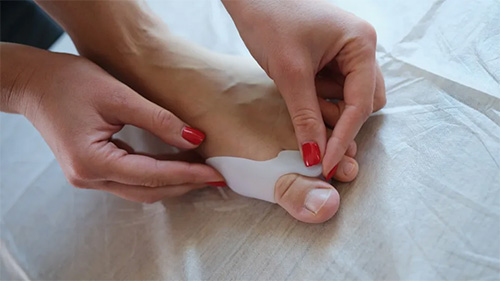Why Menstruation Should Be Discussed at Home, Not Just at School?

While open discussions about health and wellness are increasingly encouraged around the world, discussing menstruation (often referred to as "period talk") remains a topic many parents hesitate to discuss with their children. However, experts and educators emphasize that initiating these conversations at home is crucial for fostering understanding, reducing stigma, and fostering healthy habits.
While schools play an important role in providing information about puberty and menstruation, they often face challenges in delivering a comprehensive education. Curriculum can be limited, and instruction can sometimes be impersonal or uncomfortable for students. Furthermore, recent legislative restrictions in some regions aimed at limiting discussions of reproductive health in schools can further hinder effective education. These restrictions highlight the importance of parents stepping in to provide accurate, personalized, and supportive information about menstruation.
The Role of Parents in Menstrual Education
Parents are uniquely positioned to provide informed and compassionate guidance. Starting the conversation early—before a child reaches puberty—can demystify menstruation and reduce anxiety. For example, explaining that menstruation is a normal and healthy part of growing up can help children understand that it's a natural physiological process, not something to be ashamed of.
Additionally, parents can tailor conversations to their children's developmental stage and emotional maturity, ensuring the information is age-appropriate and easy to understand. This personalized approach fosters trust and opens the door to ongoing discussions about body changes and health issues.
Benefits of Period Talks at Home
Reduce Stigma and Shame: Open discussions at home normalize menstruation, helping children view it as a natural part of life rather than a taboo topic.
Build Confidence: When children are informed and prepared, they are more likely to approach menstruation with confidence and less anxiety.
Encourage Healthy Habit: Parents can educate their children about menstrual hygiene, product use, and self-care habits to promote overall health.
Strengthen the Parent-Child Relationship: Participating in these conversations can foster a deeper connection and trust between parents and children.
Tips for Starting the Conversation
Start Early: Introduce the topic before puberty begins, using age-appropriate language and resources.
Be open and honest: Answer questions honestly and encourage curiosity.
Use resources: Books, videos, and educational materials can be helpful tools to facilitate discussion.
Normalize the topic: View menstruation as a normal and healthy part of life, not something to be embarrassed about.
While schools provide valuable information, understanding and comforting about menstruation often begins at home. By having open, honest, and supportive conversations about menstruation, parents can help their children accept this natural stage of life with confidence and clarity.
Recommended for you



